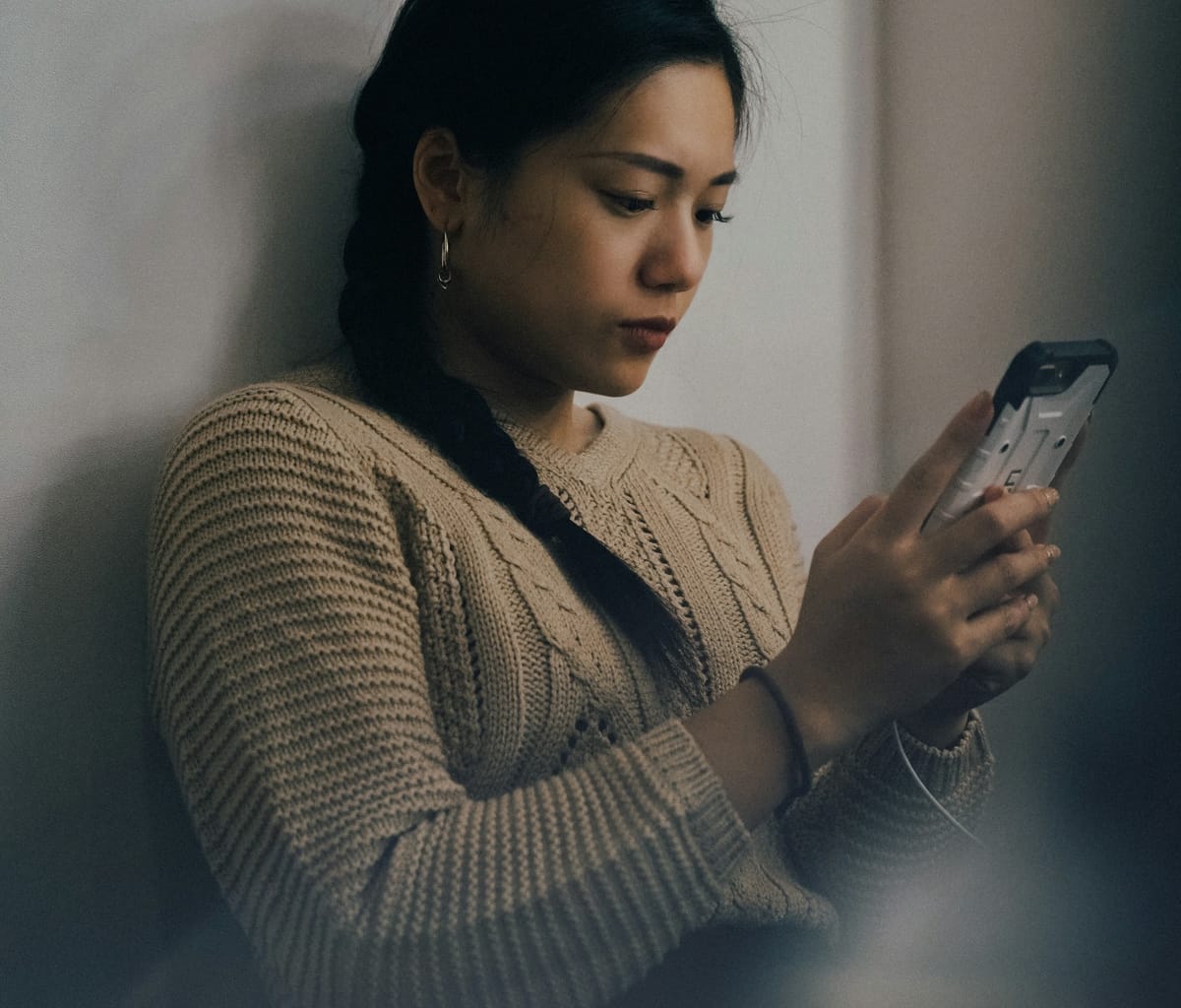Caring For Show

Last week, I watched my friend Ragini—lovely person, theater professional, animal lover—post seventeen stories about a crisis she'd literally never mentioned before. Not once. In years of casual conversations, this particular injustice had never crossed her lips.
But seventeen Instagram stories in four hours? She was practically vibrating with moral urgency. Nothing reveals selective blindness quite like sudden moral clarity.
Here's what actually happened: Ragini's feed told her it was time to care. The algorithm had decided. The hashtag had reached critical mass. Her favorite influencer had posted. Permission granted. Caring commenced.
Most people would rather be wrong together than right alone. It's not even a conscious choice anymore—it's social survival instinct. The coward's path is well-worn: wait for the crowd, then join the crowd, then pretend you led the crowd. Zero courage required, maximum social protection achieved.
I've started timing these moral awakenings. The pattern is always the same:
Hour one: Silence. They're frantically googling, trying to figure out which opinion won't get them canceled.
Hour two: Tentative share of someone else's post. Testing the waters.
Hour three: Bold declaration of their "deeply held beliefs" that they formed roughly fifty minutes ago.
Hour four: They're arguing with strangers online about nuances of an issue they couldn't have located on a map yesterday.
Hour five: "I've been following this situation closely..."
No, Ragini. You've been following your feed closely. Your feed isn't the world—it's just your world, carefully curated to make you feel smart and righteous and informed while keeping you ignorant about everything that actually matters.
The Algorithm's Greatest Con
The algorithm has pulled off the con of the century. It's convinced millions of people that their personalized echo chamber represents universal truth. They mistake their curated reality for consensus because they've never seen anything else. They think everyone agrees with them because everyone in their feed does agree with them. That's not an accident. That's the system working exactly as designed.
Ask someone when they last changed their mind about something important based on social media. Not refined their opinion. Not added a new wrinkle. Actually changed their fundamental position. The silence that follows is diagnostic. These platforms aren't information systems. They're validation machines.
Compassion has become a competition, and tragedy is just another way to win points.
They don't support causes. They collect them. Each new crisis is an opportunity to demonstrate their moral sophistication, their awareness, their evolution as a human being. Other people's pain becomes their personal brand enhancement. Other people's struggles become their spiritual journey.
Watch how quickly they make someone else's suffering about themselves. "This really opened my eyes..." "I'm learning so much..." "This is helping me grow..."
The main character in every tragedy is somehow always them.
Performance Over Practice
If Instagram disappeared tomorrow, half their convictions would evaporate with it. Amazing how their moral compass points directly toward trending topics. Amazing how their conscience aligns perfectly with what gets the most engagement. The causes they ignore tell you everything. The timing of their outrage tells you more.
They share with conviction what they learned minutes ago. Instant experts, permanent beginners. The less they actually know about something, the stronger their opinions become. Nuance kills virality, so they strip away complexity and serve up moral certainty with a side of righteous anger.
But they don't want to change the world. They want to be seen wanting to change the world.
Performance is easier than practice. Posting is easier than participating. Performing concern requires no actual commitment, no sustained effort, no personal cost. Just public demonstration of the correct feelings, timed perfectly for maximum social benefit.
Real advocates don't wait for permission slips from the algorithm. They were talking about problems before they were trending and they'll still be talking about them after the news cycle moves on. They focus on solutions, not slogans. Outcomes, not optics.
So dear Ragini, if you want to actually help, stop performing your help. If you want to make a difference, make it quietly. If you want to support a cause, support it when nobody's looking.
The world has enough actors. It needs more understudies willing to do the work nobody applauds.





